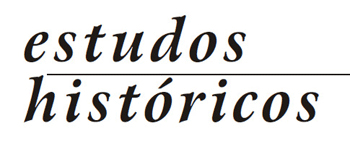ABSTRACT
Established in the second post-war period, in a context of growing opposition to colonialism and as a response of the European colonial powers to the scientific interest of the United Nations and North-American academic circles in Africa, the Commission for Technical Co-operation in Africa South of the Sahara (CCTA) paid particular attention to social studies, establishing a research agenda parallel to that of the United Nations Educational, Scientific and Cultural Organization (UNESCO). Based on the diplomatic and scientific colonial archives, the article analyzes the activity of the CCTA in that domain and, above all, the Portuguese participation in these dynamics, determining the relative importance of the country in their promotion and their reflexes in the field of social sciences in Portugal.
Keywords: Sociology; Colonialism; Portugal; CCTA; Unesco

 Social sciences, diplomacy and late colonialism: the Portuguese participation in the Commission for Technical Co-operation in Africa South of the Sahara (CCTA)
Social sciences, diplomacy and late colonialism: the Portuguese participation in the Commission for Technical Co-operation in Africa South of the Sahara (CCTA)